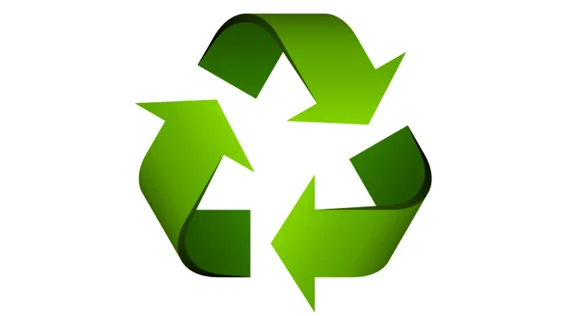
SEATTLE (Waste Advantage): Over 24 billion pairs of shoes are produced globally each year, and in the U.S. alone, an estimated 300 million pairs are thrown away annually. With fast-fashion rampant, and marketing focused on novelty, designed to drive up consumption, people are buying more, but keeping items for half as long. Footwear is no exception, with consumers amassing sizable shoe collections with an equally sizable carbon footprint.
The fashion and textile industry has a reliance on petroleum-based materials, considered indispensable for their durability and versatility. Polyester, for example, now dominates as the most widely used fiber with 71 million tons produced in 2023, accounting for 57% of global fiber production. From nylon to acrylic, these synthetic materials have a concerning climate cost: the fossil fuels associated with textile production are contributing to the industry’s hefty climate footprint, with environmental impacts across the value chain, including water use, energy consumption, the release of microplastics, and over 92 million tons of textile waste produced per year. This non-biodegradable textile waste ends up in landfills where it can take hundreds of years to break down, releasing greenhouse gasses and leaching toxic chemicals into groundwater and soil.
But an increasing number of brands are swapping out synthetic fibers for lower-impact recycled alternatives—like polyester made predominantly from polyethylene terephthalate (PET) plastic bottles—in a bid to minimize their environmental impact. The challenge, however, is that they are still synthetic materials at the end of the day, with many of the same impacts as their virgin counterparts. However, a supply chain focused on upcycling, complemented by initiatives designed to keep such materials from ending up as waste, can help mitigate some of these impacts.
Courtesy: www.wasteadvantagemag.com



| Copper Scrap View All | |
| Alternator | 0.41 (0.01) |
| #1 Copper Bare Bright | 4.06 (0.08) |
| Aluminum Scrap View All | |
| 356 Aluminum Wheels (Clean) | 0.78 (0) |
| 6061 Extrusions | 0.68 (0) |
| Steel Scrap View All | |
| #1 Bundle | 360.00 (0) |
| #1 Busheling | 380.00 (0) |
| Electronics Scrap View All | |